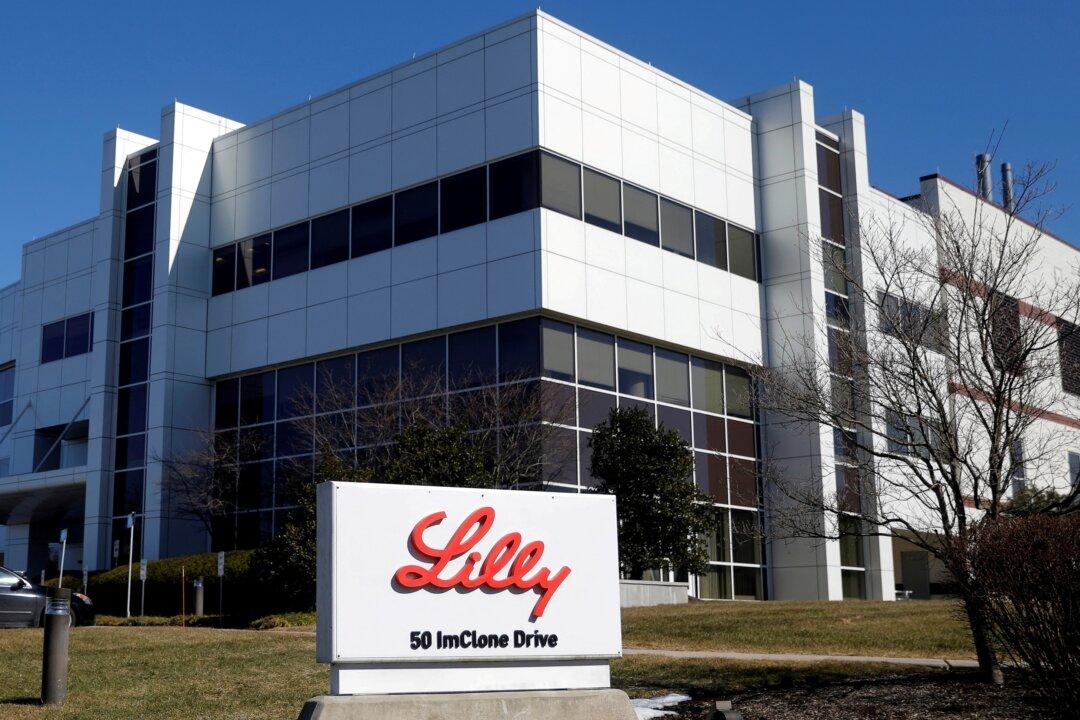Eli Lilly and Co. was sued on Monday by the U.S. Equal Employment Opportunity Commission, which accused the drugmaker of illegally refusing to hire older workers for sales representative jobs because of their age. The complaint said Lilly’s violations began after Stephen Fry, its senior vice president for human resources and diversity, lamented during an April 2017 “Leadership Town Hall” that its sales force was skewed toward older workers, with 20 percent fewer “millennials” than the American workforce.
According to the EEOC, Fry suggested that the lack of millennials was a problem, and the Indianapolis-based company would target 40 percent “Early Career” hiring.





